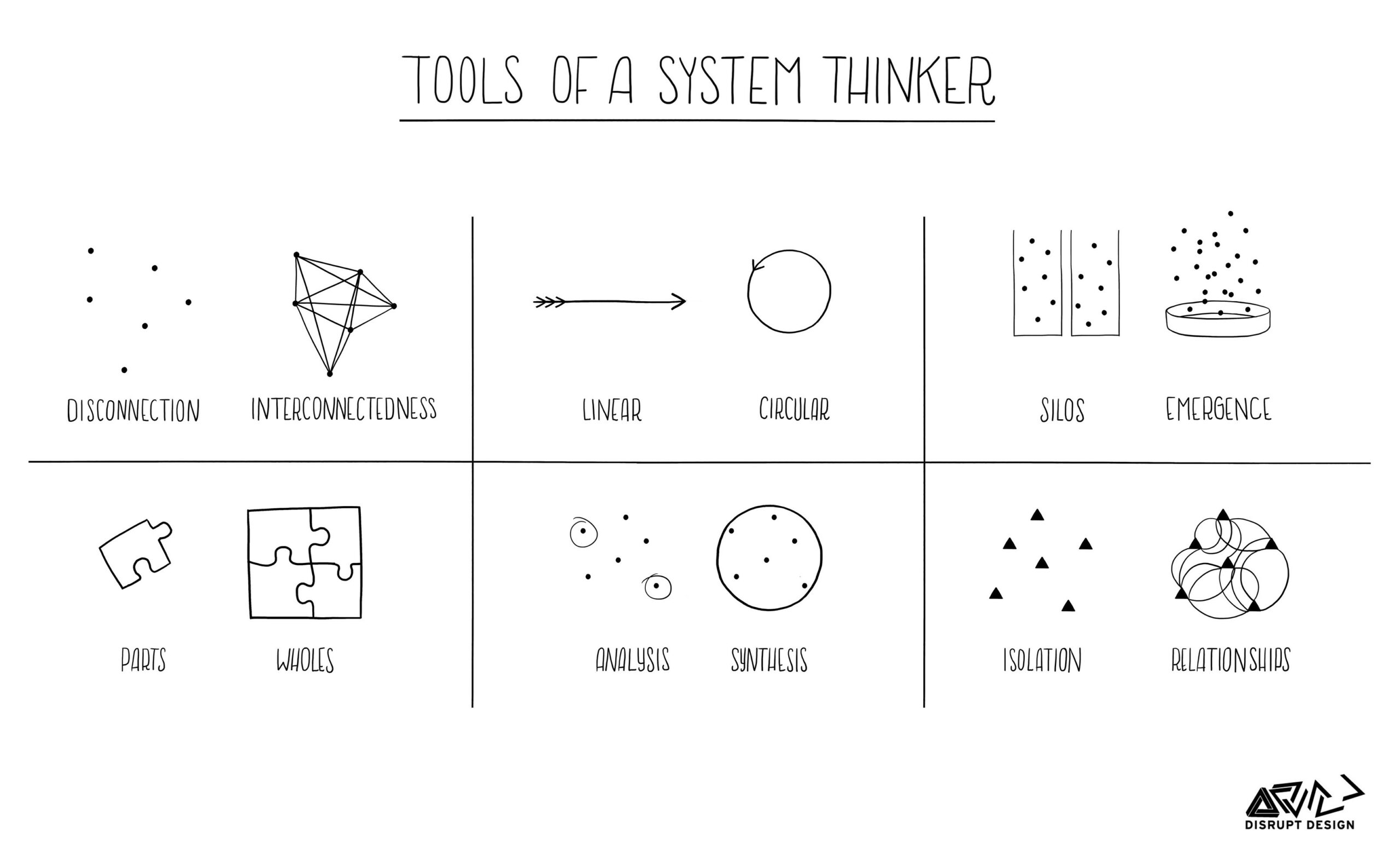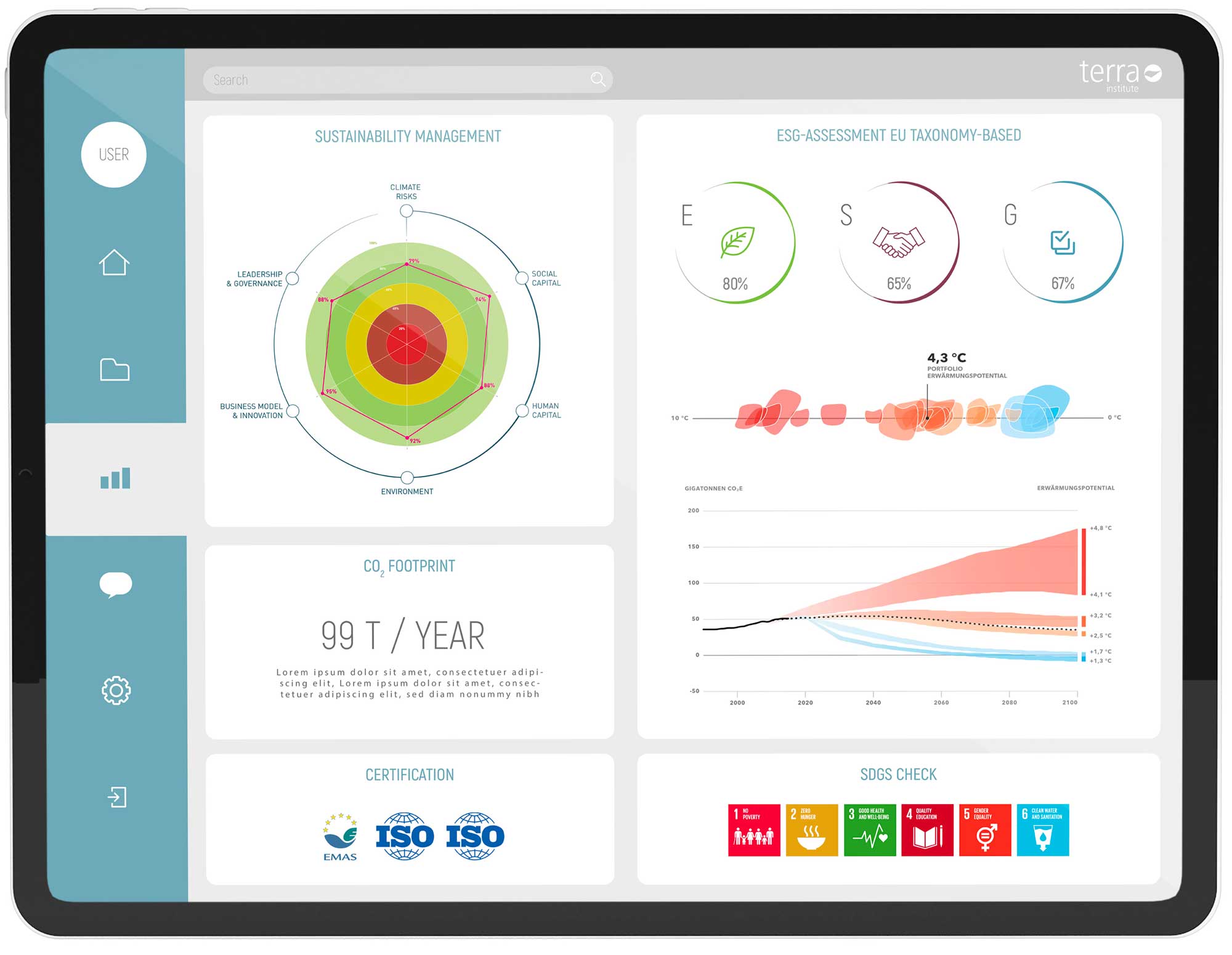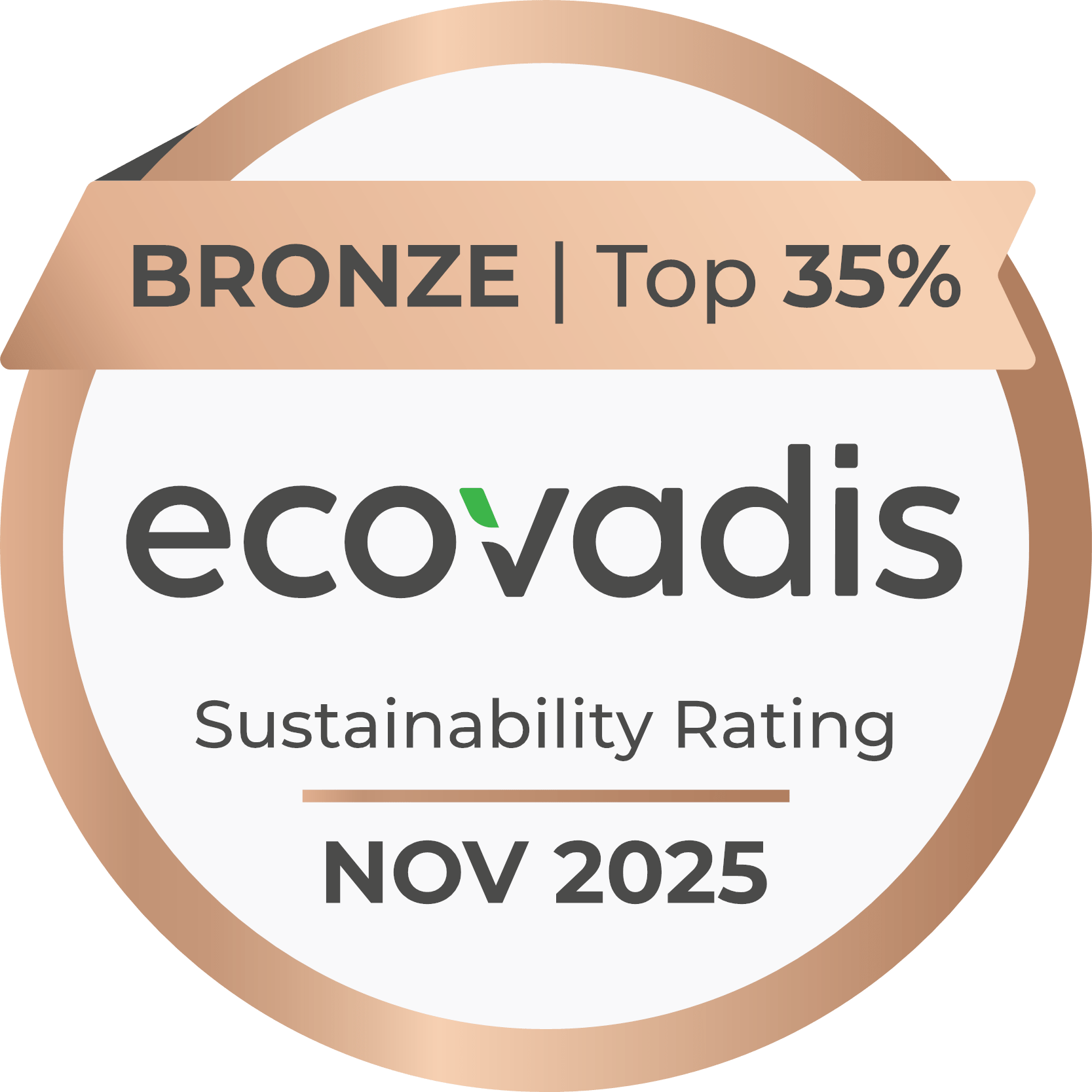THE EFRAG ADOPTS THE VSME STANDARD WITH A SIMPLIFIED STRUCTURE AND PRACTICE-ORIENTED REQUIREMENTS FOR SMES.
The voluntary sustainability standard for SMEs (VSME) has been comprehensively revised since its initial publication in January 2024. The aim of these changes is to make the standard more practical and better aligned with the needs of SMEs. The adjustments are the result of extensive consultations with stakeholders and reflect the practical experiences of the first implementation phase.
VSME Update: On 13.11.24, the final version of the VSME Standards was adopted by EFRAG and submitted to the EU Commission by 20.12.24 at the latest. In this article, you will find an overview of the most important changes and contents of the VSME.
NEW MODULE STRUCTURE FOR GREATER FLEXIBILITY
Arguably the most important change concerns the basic structure of the standard. The original three-tier system consisting of the Basic Module, Narrative-PAT Module, and Business Partner Module has been replaced by a new structure. This restructuring was a direct response to feedback from many SMEs who wanted a clearer and less complex structure.
The new structure comprises 2 modules:
- The Basic Module remains as the foundation and has been enhanced by integrating business model and strategy aspects. It now forms a solid basis for the systematic recording and management of sustainability aspects within the company.
- The new Comprehensive Module replaces the previous Business Partners Module and focuses on additional data points for investors and customers. It has been specifically tailored to the needs of the financial sector and large corporate clients.
This restructuring enables two clearly defined application options:
1.Basic Module only – ideal for SMEs entering sustainability reporting for the first time.
2.Basic + Comprehensive Module – for companies that already have sustainability structures and need to meet the transparency requirements of large customers.
THE BASIC MODULE AT A GLANCE
The Basic Module has been significantly refined and now provides a clear framework for sustainability reporting. The most important changes include:
- Detailed implementation guidance that leads step by step through the reporting process
- Clearer definitions for environmental and social indicators, enabling consistent data collection and comparability
- Simplified reporting on business ethics with practical examples and templates
- Integration of business model and strategy for a holistic anchoring of sustainability within the company
Especially important for practice: No double materiality analysis is required for the Basic Module, so the reporting effort for smaller companies remains manageable. This decision was made after intensive discussions and takes into account the limited resources of many SMEs.
THE COMPREHENSIVE MODULE AT A GLANCE
The new Comprehensive Module is specifically tailored to the information needs of investors, banks, and large corporate clients. It takes into account current developments in sustainable finance and the increasing demand for information in supply chains.
The information to be reported includes more detailed ESG data, including new indicators on environmental, social, and governance aspects, such as physical climate risks and human rights in the company and the value chain.
Special emphasis was placed on ensuring that the Comprehensive Module does not create unnecessary complexity, but specifically addresses the additional information needs of key stakeholders, such as major customers and investors. The simplifications compared to the old Business Partner Module include, among other things, that no double materiality analysis is required in the Comprehensive Module either.
Despite the simplifications, we still recommend conducting a simplified double materiality analysis, as this forms the basis for a comprehensive understanding of impacts, opportunities, and risks, and thus for an effective sustainability strategy.
OUTLOOK: EU TAXONOMY AND SUSTAINABLE FINANCE FOR SMES ACCORDING TO THE VSME UPDATE
Contrary to earlier plans, the version of the VSME adopted by EFRAG does not contain a Simplified EU Taxonomy or Sustainable Finance Module. However, a simplified version of the EU Taxonomy for SMEs is still to be developed in coordination with the EU Commission and the Platform on Sustainable Finance and will be included in later versions of the VSME. This will be particularly relevant for SMEs that:
- work with larger companies and need to meet their reporting obligations
- seek access to sustainable finance
- export and must comply with international standards
- wish to communicate their sustainability performance transparently.
This module is not expected to be completed before Q1 or Q2 2025.
CONCLUSION: VSME UPDATE
The revision of the VSME Standards clearly demonstrates the intention to make sustainability reporting more practical for SMEs. The new structure offers clear simplifications in application, while at the same time the requirements have been formulated more precisely and detailed guidance has been published as support.
The application of the VSME Standard is voluntary, but it offers strategic advantages for SMEs. It facilitates access to sustainable finance thanks to clear and appropriate ESG reports. In addition, the transparency requirements of customers and business partners are met, as well as the information required by large companies is disclosed. With the help of the VSME Standard, SMEs are enabled to actively participate in the sustainable transformation without incurring high compliance costs.
Would you like to learn more about the practical implementation of the VSME Standard? Contact us without obligation for individual advice [office@terra-institute.eu]!











